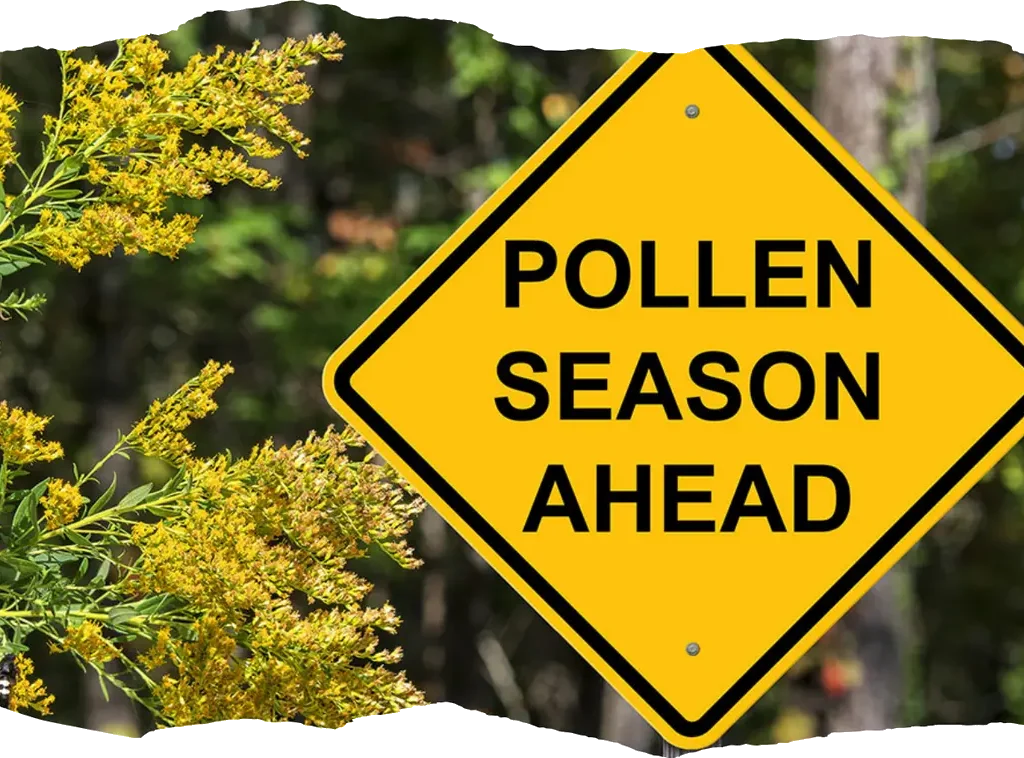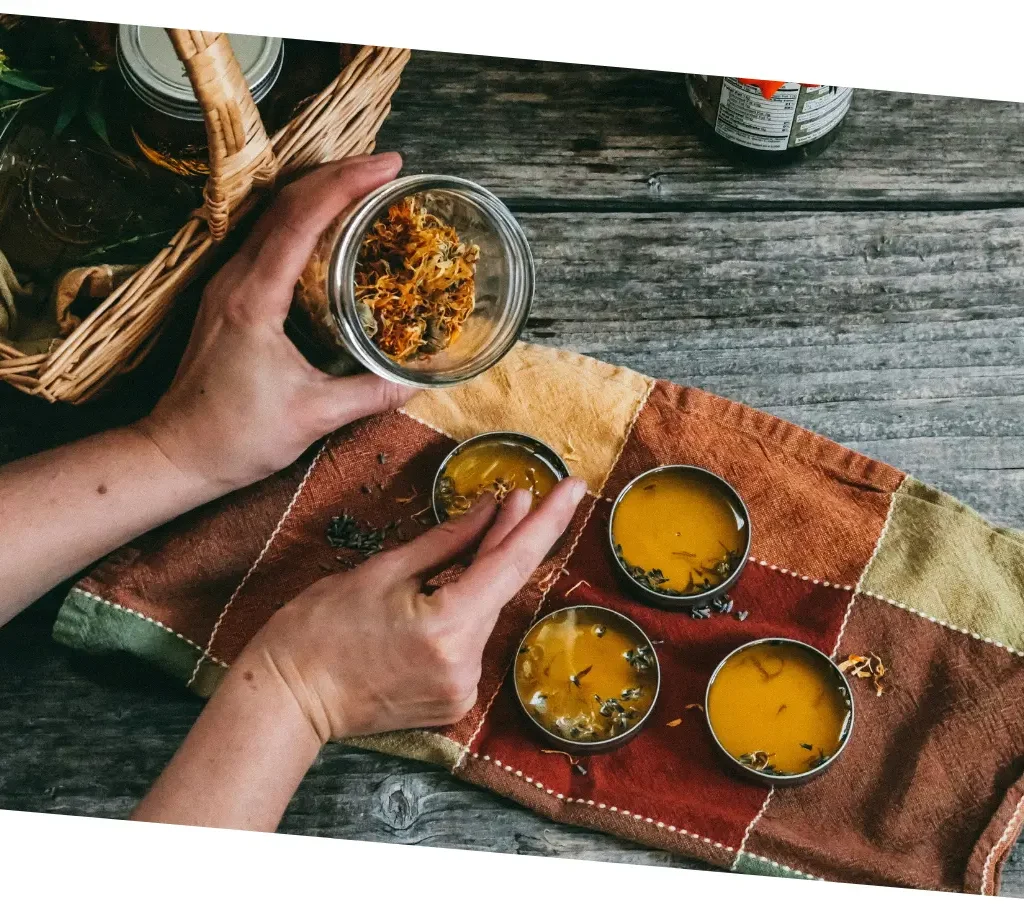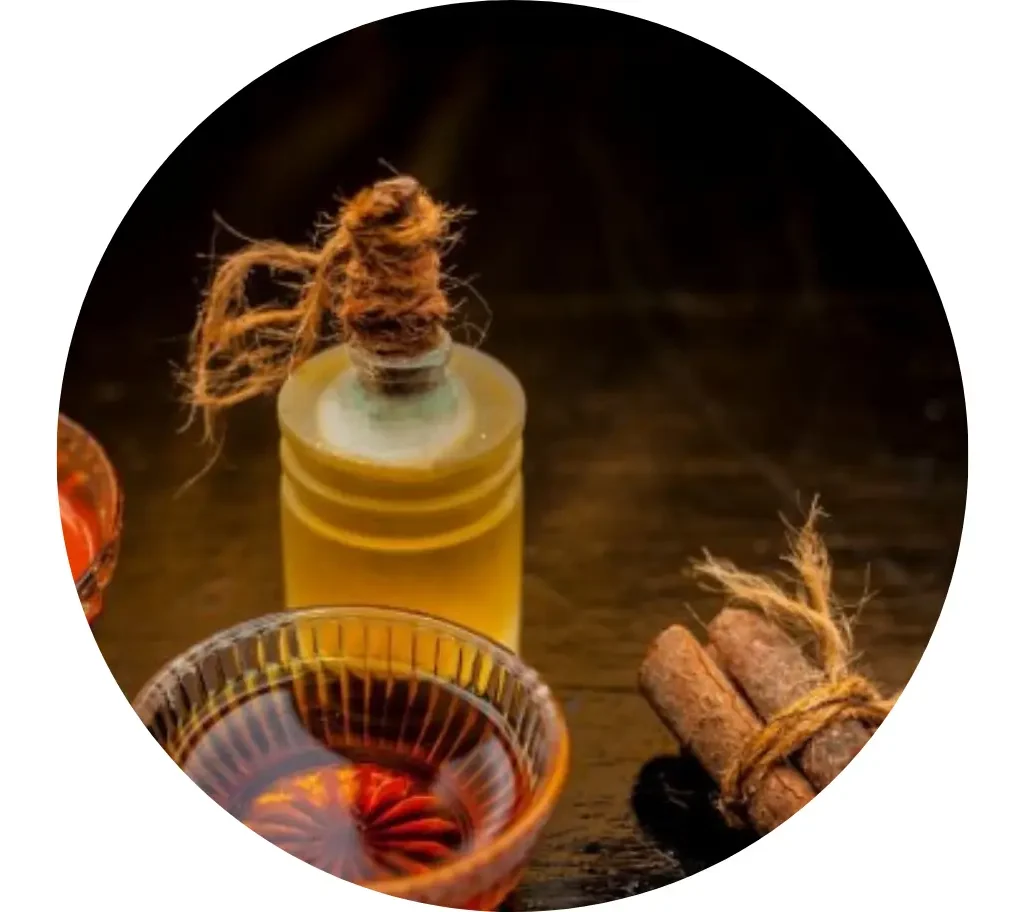Understanding Seasonal Allergies and Pollen
Seasonal allergies, also known as hay fever or allergic rhinitis, occur when your immune system reacts to pollen from trees, grasses, and weeds. These tiny particles trigger an inflammatory response, leading to bothersome symptoms such as sneezing, runny nose, itchy eyes, and congestion


Let’s break down the crucial aspects of seasonal remedies:
1. Holistic Approach to Wellness
- Why it matters: Seasonal allergies impact your quality of life.
- Explanation: Taking a holistic approach means considering your entire well-being—physical, emotional, and environmental. It’s not just about symptom relief; it’s about addressing the root cause. You can better manage allergies by understanding how diet, lifestyle, and stress affect your immune system.
- Human-friendly tip: Embrace a holistic mindset—your body and environment are interconnected. Prioritize self-care, stress reduction, and nourishing foods.

2. Dietary Strategies.
- Why it matters: Food affects your immune response.
- Explanation: Certain foods can either exacerbate or alleviate allergy symptoms. Opt for anti-inflammatory choices:
- Turmeric: This golden spice contains curcumin, which has anti-allergic properties.
- Ginger: Known for its immune-boosting and anti-inflammatory effects.
- Leafy Greens: Spinach, kale, and Swiss chard provide essential nutrients.
- Human-friendly tip: Start your day with a warm cup of ginger tea—it’s soothing and beneficial.

3. Herbal Allies
- Why it matters: Nature provides powerful remedies.
- Explanation:
- Butterbur (Petasites hybridus): This herb acts as a natural antihistamine, reducing allergic reactions. Consult an herbalist for proper dosing.
- Nettle Leaf (Urtica dioica): Rich in vitamins and minerals, nettle has anti-inflammatory properties. It may help ease allergy symptoms.
- Human-friendly tip: Explore herbal teas or tinctures, but always seek professional advice.


4. Essential Oils for Relief
- Why it matters: Aromatherapy soothes both body and mind.
- Explanation:
- Eucalyptus: Clears nasal passages and promotes easier breathing.
- Lavender: Calming and anti-inflammatory; use it in a diffuser or diluted for massage.
- Peppermint: Relieves congestion and provides a refreshing scent.
- Human-friendly tip: Inhale deeply and let the calming scents ease your symptoms during allergy season.

5. Boosting Immunity Naturally
- Why it matters: Strengthening your immune system helps prevent allergies.
- Explanation:
- Vitamin C: Found in oranges, bell peppers, and strawberries, it supports immune function.
- Quercetin: Apples and onions contain this flavonoid, which has anti-allergic effects.
- Omega-3 Fatty Acids: Fish (like salmon) and flaxseed provide these essential fats.
- Human-friendly tip: Whip up a colorful salad with bell peppers and walnuts for a nutrient boost.
Caution : Remember, these natural remedies complement conventional treatments. Always consult a healthcare provider, especially if you’re pregnant, nursing, or have underlying health conditions.
Why This Information is Crucial
Understanding and utilizing seasonal remedies for pollen allergies is crucial for several reasons:
- Empowerment: Knowledge about various remedies empowers individuals to take control of their health.
- Personalization: Different remedies work for different people; having a range of options allows for personalized treatment plans.
- Preventive Care: Early and effective management of allergies can prevent complications such as sinus infections or asthma exacerbations.
- Natural Alternatives: Many people prefer natural remedies over pharmaceuticals due to fewer side effects and holistic benefits.


Conclusion
Managing pollen allergies effectively requires a combination of herbal remedies, essential oils, dietary supplements, lifestyle modifications, and, when necessary, over-the-counter medications. By understanding these options, your readers can make informed decisions to alleviate their symptoms and improve their quality of life during allergy season.